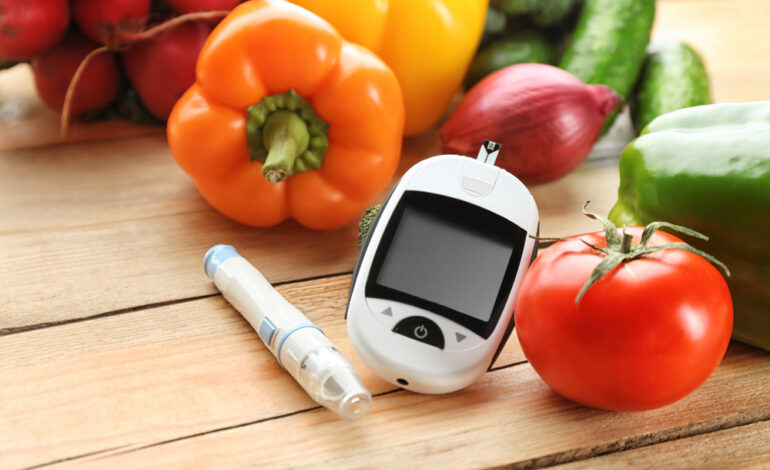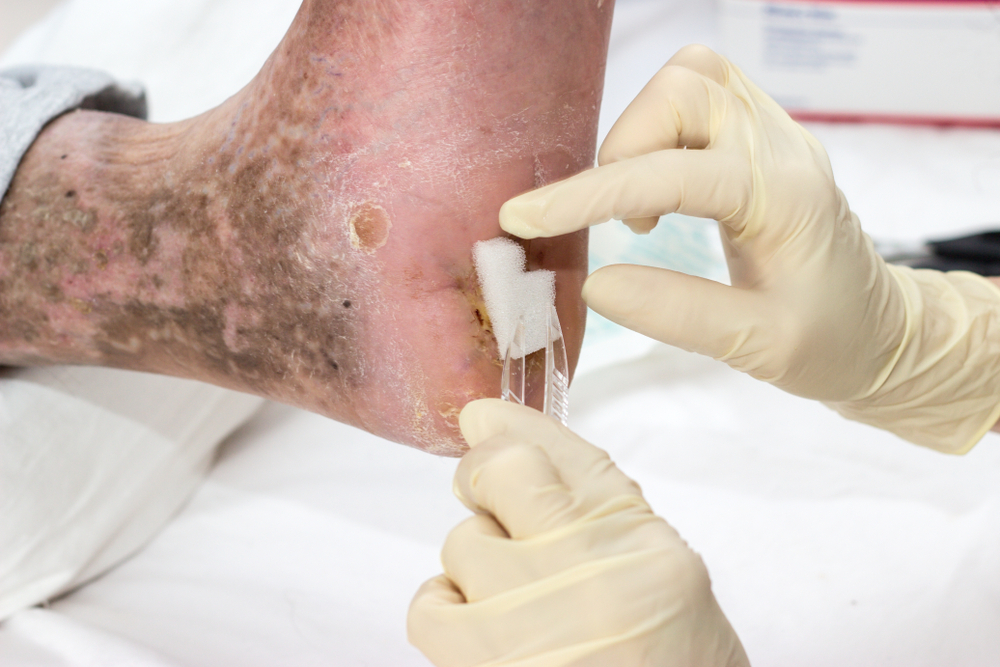Managing Diabetes: Lifestyle Changes and Practical Tips

Managing Diabetes: Effective diabetes management involves a combination of medical care, lifestyle changes, and proactive self-care. Let’s explore practical tips and lifestyle changes that can empower individuals with diabetes to achieve better control and lead healthier lives.
1. Monitor Blood Sugar Levels Regularly
Regular monitoring of blood sugar levels is essential for understanding how your body responds to various factors like food, exercise, and medication. Follow your healthcare provider’s recommendations on when and how often to check your blood sugar.
2. Maintain a Balanced Diet
A balanced diet is a cornerstone of diabetes management. Focus on:
- Carbohydrate Control: Monitor carbohydrate intake and choose complex carbs like whole grains, vegetables, and legumes.
- Portion Control: Be mindful of portion sizes to avoid spikes in blood sugar levels.
- Fiber-Rich Foods: Incorporate fiber-rich foods like fruits, vegetables, and whole grains to aid digestion and control blood sugar.
- Lean Proteins: Include lean proteins such as poultry, fish, tofu, and legumes in your diet.
- Healthy Fats: Opt for sources of healthy fats like avocados, nuts, and olive oil.
3. Regular Physical Activity
Exercise helps regulate blood sugar levels, improve insulin sensitivity, and promote overall well-being. Aim for at least 150 minutes of moderate-intensity aerobic activity per week, along with strength training exercises at least twice a week.
4. Medication Adherence
If prescribed medication, take it as directed by your healthcare provider. Skipping or adjusting doses without consulting a healthcare professional can lead to uncontrolled blood sugar levels.
5. Stay Hydrated
Drink plenty of water to stay hydrated. Limit sugary beverages, as they can cause rapid blood sugar spikes.
6. Stress Management
Chronic stress can affect blood sugar levels. Practice stress-reduction techniques such as meditation, deep breathing exercises, yoga, or hobbies you enjoy.
7. Get Adequate Sleep
Quality sleep is crucial for diabetes management. Aim for 7-9 hours of restful sleep per night to support overall health.
8. Regular Healthcare Checkups
Schedule regular checkups with your healthcare provider to monitor your diabetes and overall health. Discuss any concerns, questions, or changes in your condition.
9. Foot Care
Inspect your feet daily for any cuts, sores, or signs of infection. Proper foot care is crucial, as diabetes can affect circulation and nerve function in the feet.
10. Diabetes Education
Consider attending diabetes education programs or working with a diabetes educator to gain in-depth knowledge about your condition and how to manage it effectively.
11. Build a Support System
Share your diabetes journey with loved ones who can provide support and understanding. Joining diabetes support groups or online communities can also be beneficial.
12. Prepare for Emergencies
Keep an emergency kit that includes diabetes supplies, medications, and a list of emergency contacts. Be prepared for unexpected situations.
13. Avoid Smoking and Limit Alcohol
Smoking can worsen diabetes-related complications, so it’s best to quit. If you drink alcohol, do so in moderation and be mindful of its impact on blood sugar.
14. Don’t Skip Meals
Skipping meals can lead to blood sugar fluctuations. Eat regular, balanced meals and snacks as needed to maintain stable levels.
Managing diabetes is an ongoing journey, and it’s normal to face challenges along the way. The key is to stay informed, follow your healthcare provider’s guidance, and make sustainable lifestyle changes that work for you. With dedication and support, you can achieve better control of your diabetes and lead a fulfilling life.










